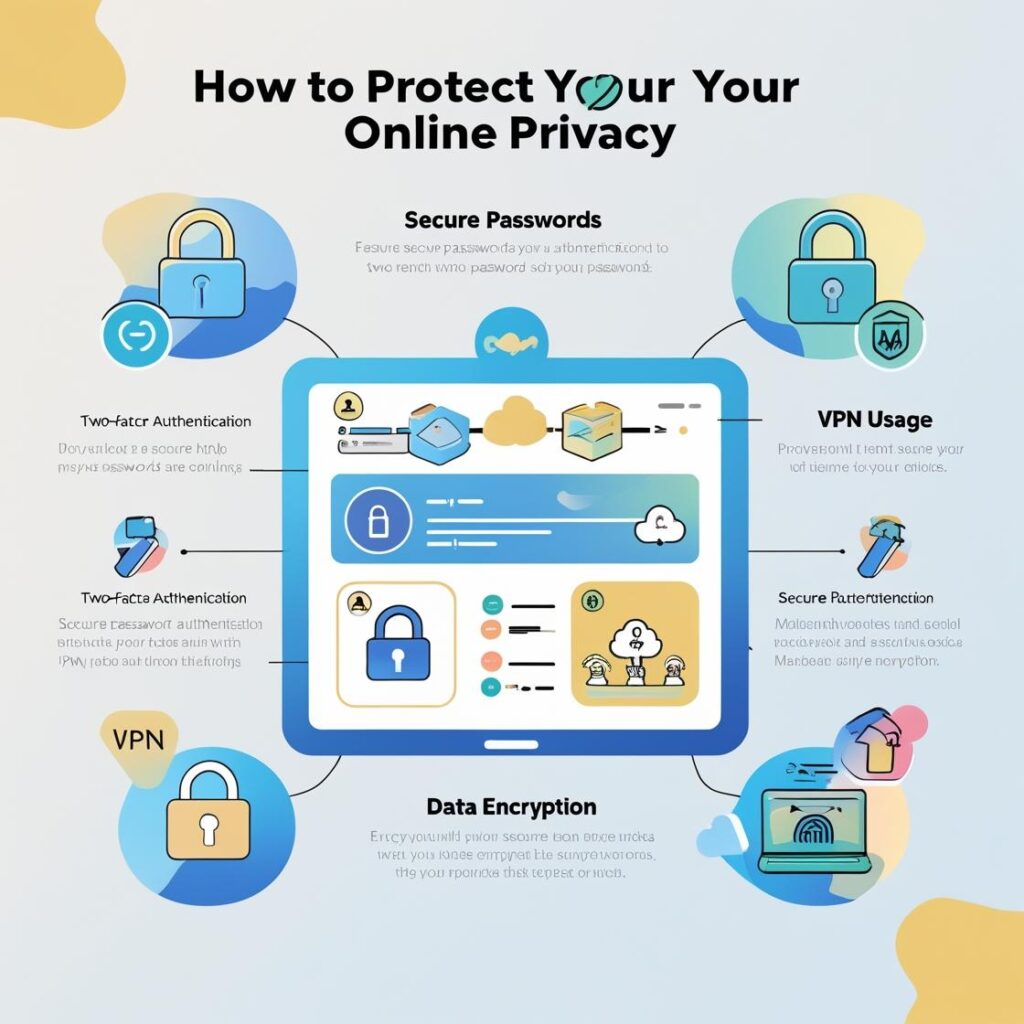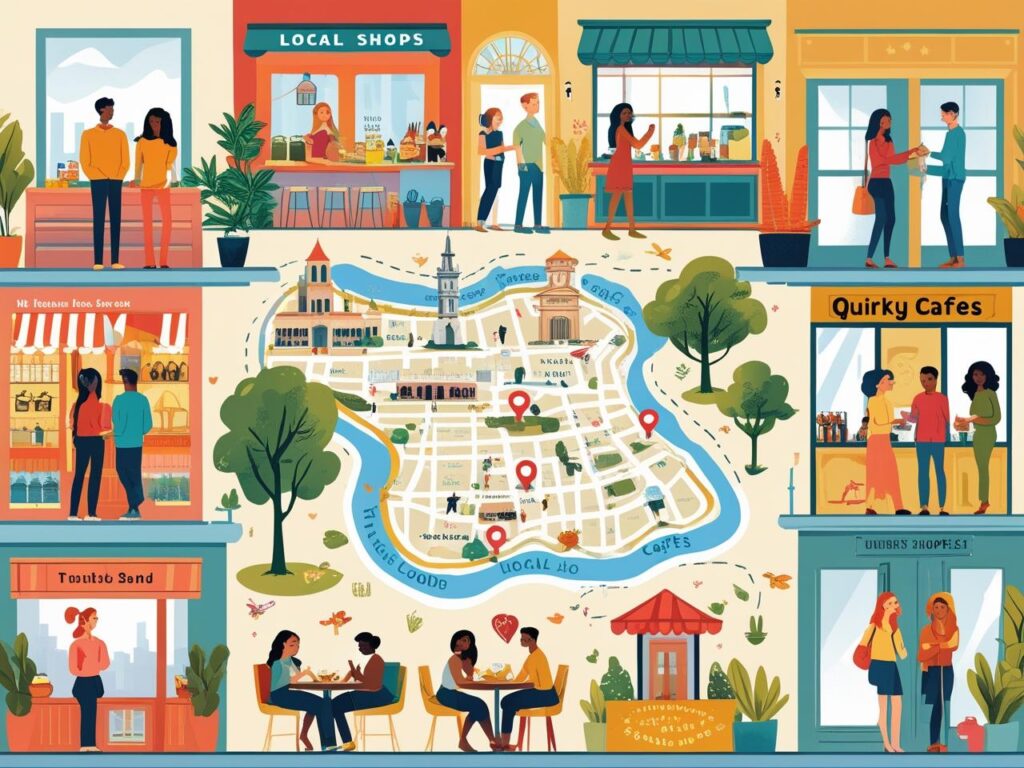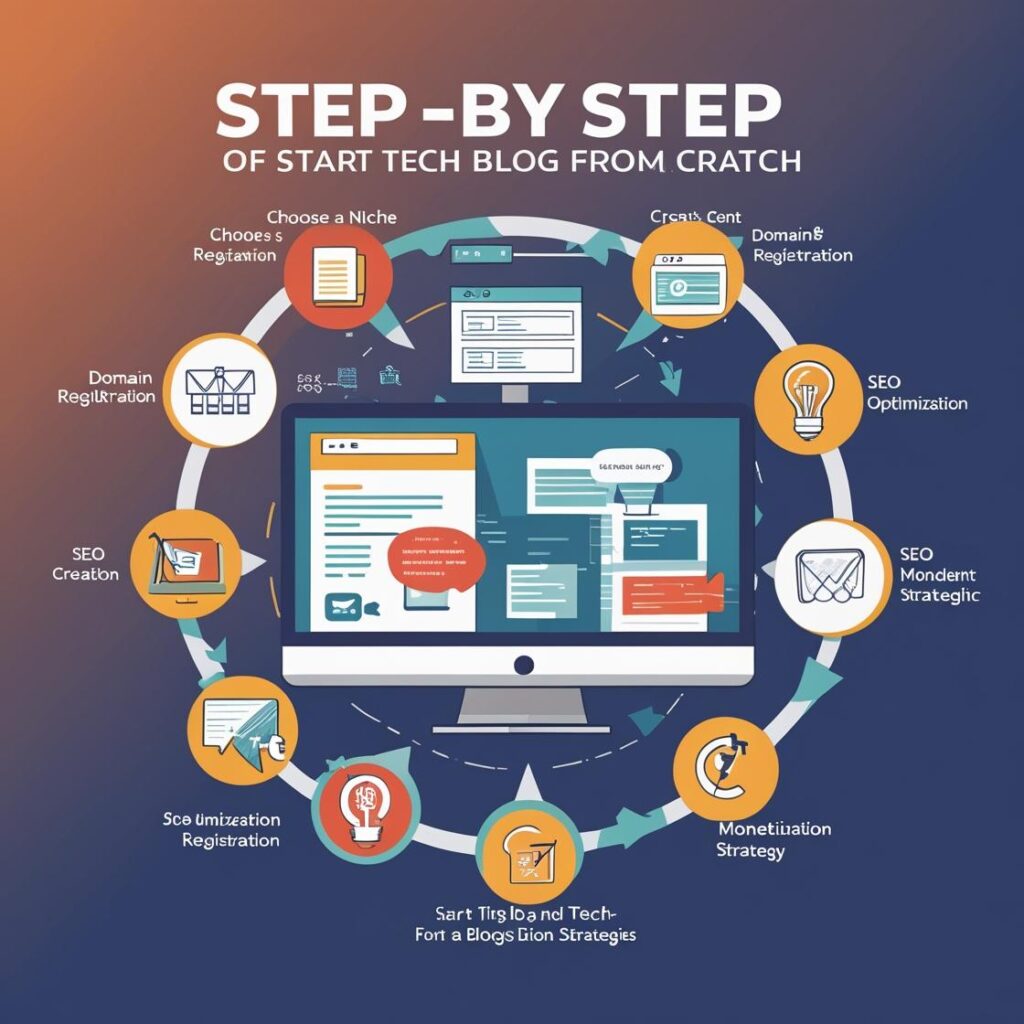In our digital-first world, personal information is constantly being shared, collected, and sometimes exposed online. Whether you’re browsing the web, using social media, or shopping online, your data can be vulnerable without the right precautions. This beginner’s guide will help you understand the essential steps to protect your privacy online and take control of your digital presence.
اقرأ أيضاً: قائمة بأهم 10 كورسات مجانية في الذكاء الاصطناعي مع الروابط المباشرة
Understanding Online Privacy
Online privacy refers to the right and ability to keep your personal data and online activities secure from unauthorized access. With so many websites, apps, and devices collecting data, understanding what information you’re sharing—and with whom—is the first step in protecting yourself. This involves recognizing how websites track your activity, what types of data are at risk, and why privacy matters for everyone, not just for tech experts or the ultra-cautious.
اقرأ أيضاً: كيفية الحصول على منحة دراسية مجانية
Creating Strong Passwords
One of the simplest but most effective ways to secure your online accounts is by using strong, unique passwords. Weak or repeated passwords are a common reason for security breaches. Here’s what makes a strong password:
اقرأ أيضاً: كيف تستيقظ مبكرًا دون الشعور بالتعب
- At least 12 characters long
- Includes a mix of uppercase and lowercase letters
- Uses numbers and symbols
- Avoids easily guessable words or phrases
Consider using a password manager to generate and securely store all your passwords, so you don’t have to remember each one individually.
Enabling Two-Factor Authentication (2FA)
Two-factor authentication (2FA) adds an extra layer of security by requiring you to provide a second piece of evidence (like a code sent to your phone) before accessing your account. Even if someone gets your password, 2FA makes it much harder for them to break in. Most popular platforms—such as Google, Facebook, and banking services—offer 2FA as an option in account settings. Always enable it when available for your most sensitive accounts.
اقرأ أيضاً: كيف تتفوق في أي مقابلة عمل: 10 نصائح من الخبراء
Protecting Your Devices
The security of your online activity is only as strong as the devices you use. Protect your computers, smartphones, and tablets by:
اقرأ أيضاً: كيف توفر 1000 دولار في 30 يومًا
- Keeping operating systems and apps updated
- Installing reputable antivirus software
- Using device lock screens and biometrics (fingerprint or face recognition)
- Avoiding downloads from unknown sources
If your device is compromised, all your online accounts could be at risk, so device security should always be a top priority.
Using Secure Networks
Public Wi-Fi networks in airports, cafes, and hotels are convenient but often lack proper security. Hackers can easily intercept your data on unsecured networks. To stay safe:
اقرأ أيضاً: كيفية كتابة سيرة ذاتية متميزة
- Avoid accessing sensitive accounts on public Wi-Fi
- Use a Virtual Private Network (VPN) to encrypt your internet connection
- Make sure websites use HTTPS (look for the lock icon in your browser)
A VPN can help mask your location and online activity, making it harder for others to track your movements or steal your information.
Managing Social Media Privacy Settings
Social media platforms are a goldmine for personal information, and your posts, photos, and connections can reveal more than you realize. Review the privacy settings on all your accounts and:
اقرأ أيضاً: كيف تحول عملك الجانبي إلى مشروع بدوام كامل
- Limit who can see your posts and personal details
- Turn off location sharing when posting
- Be cautious about accepting friend or follow requests from strangers
- Regularly review and remove old posts that could expose sensitive data
Most platforms update their privacy settings regularly, so revisit these controls at least once every few months.
Recognizing Phishing and Scams
Phishing is a common tactic where scammers trick you into giving away personal details or login credentials through fake emails, websites, or messages. Protect yourself by:
اقرأ أيضاً: كيفية تسريع الكمبيوتر المحمول البطيء في 10 دقائق
- Never clicking suspicious links or downloading attachments from unknown sources
- Verifying the sender’s email address
- Looking out for poor spelling, urgent language, or strange requests
- Reporting suspected phishing attempts to your email provider or organization
Educate yourself on the latest phishing trends by visiting resources like StaySafeOnline.
Limiting the Information You Share
Every time you sign up for a new app or service, think about the information you’re providing. Often, companies ask for more data than necessary. To minimize risk:
اقرأ أيضاً: كيف تبني روتينًا صباحيًا يعمل بالفعل
- Only fill in required fields when creating accounts
- Decline access to your contacts, location, or photos unless truly needed
- Use aliases or generic information when possible
- Opt out of data sharing and marketing where available
Less is more when it comes to sharing information online.
Keeping Software and Apps Updated
Software updates often contain critical security patches that fix vulnerabilities discovered by developers or security researchers. Cybercriminals target outdated software because it’s easier to exploit. Stay protected by:
اقرأ أيضاً: كيف تبدأ مدونة تقنية من الصفر
- Turning on automatic updates for your operating system and apps
- Regularly checking for updates on your browser and plugins
- Deleting apps you no longer use
This simple habit can significantly reduce your risk of falling victim to cyberattacks.
Understanding and Using Privacy Tools
A growing number of privacy-focused tools can help you browse the web more securely and control your digital footprint. Consider using:
اقرأ أيضاً: كيف تبدأ الرسم (حتى لو كنت تعتقد أنك لا تستطيع)
- Privacy-oriented browsers like Brave or Firefox
- Tracker blockers such as uBlock Origin or Privacy Badger
- Encrypted messaging apps like Signal or WhatsApp
- Search engines that don’t track you, such as DuckDuckGo
These tools are designed to protect your data from being collected or sold to advertisers and other third parties.
Conclusion:
Protecting your privacy online is an ongoing process that starts with simple, practical steps. By staying vigilant and regularly updating your habits, you can significantly reduce your risk and keep your personal information safe. Take control of your digital life today.
اقرأ أيضاً: كيف تخطط لعطلة عائلية سيحبها الجميع
اقرأ أيضاً: كيف تتعلم الجيتار بنفسك



